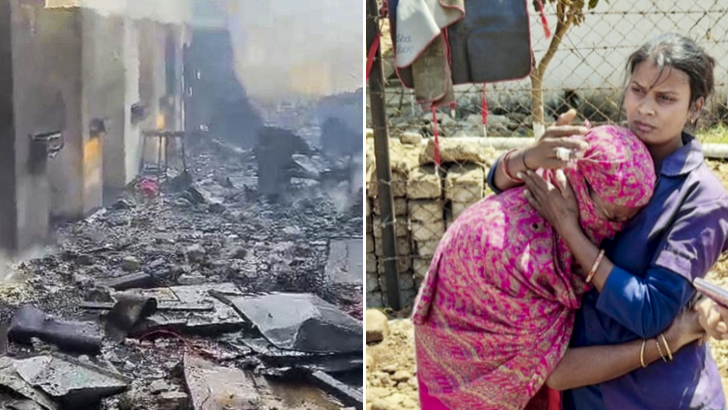25 crore workers to join Bharat Bandh on 9 July
A joint platform of 10 central trade unions has called the bandh in protest against the government’s anti-worker, anti-farmer and pro-corporate policies.
Agencies
-
Representative image (Wikicommons)
Bengaluru, 8 July
Over 25 crore workers across different formal and informal
sectors including banking, insurance, postal services, coal mining,
construction, and state transport will join a Bharat Bandh on 9 July,
disrupting various services across the country.
A joint platform of 10 central trade unions has called the
bandh in protest against the government’s anti-worker, anti-farmer and
pro-corporate policies. Farmers’ groups and rural workers’ association have
also landed their support to the bandh.
Leaders from major unions, including All India Trade Union
Congress, Indian National Trade Union Congress, Centre of Indian Trade Unions,
and Hind Mazdoor Sabha will participate in the protest against key issues like
imposition of the four new labour codes, privatisation of public sector units
and essential services, outsourcing and contractualisation of permanent jobs,
weakening of collective bargaining rights and union activities and organising
labour conference. No labour conference has been held in a decade.
The unions had earlier submitted a 17-point charter of
demands to the Union Labour Ministry. However, they are yet to receive a
response from the Centre.
With no official government holiday being declared, key
services are expected to be disrupted in across the country.
This Bharat Bandh comes ahead of state assembly elections
later this year. It is a reflection of
rising discontent among worker and farmer groups over their concerns not being
addressed.
The services that will be affected during the Bharat Bandh
are public sector and cooperative banks, insurance services, postal deliveries,
power supply in select states, public transport, especially in states with a
strong union presence and coal mining and industrial production in unionised
sectors.
However, all educational institutions, private offices,
businesses, healthcare facilities and other emergency services and security
arrangements and government response will be available to the public.
What will be shut?
• Banks and
financial services.
• Postal
services.
• Coal and
mining factories.
• State
transport services. Public buses, taxis, and app-based cabs to likely be hit
too.
• Public
sector undertakings.
What will remain open?
• All
Educational institutions, including all schools and colleges
• Private offices.
• Private
businesses.
• Hospitals.
• Emergency
services.
• Neighbourhood
shops.
Leave a Reply
Your email address will not be published. Required fields are marked *








.jpg)




.png)

.png)



.png)
